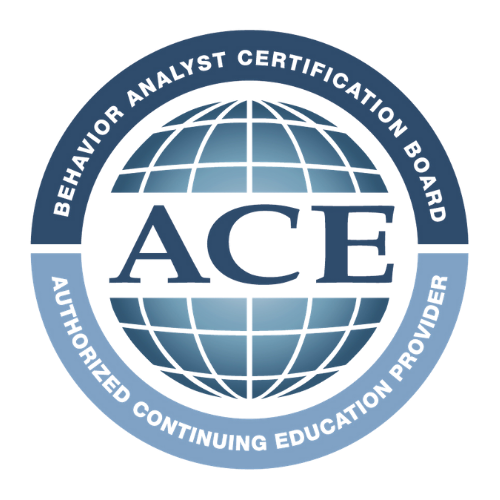BCBA certification #:1-21-57182
Annie Chen, M.Ed., BCBA, LBA
Annie Chen is a third-culture, Chinese American, and the daughter of an immigrant. She began her career as a behavioral therapist for Autistic individuals, grew into a trauma-informed clinician, and now serves as a trauma-informed coach. As a licensed and Board Certified Behavior Analyst (BCBA), certified trauma breath facilitator, and CTR-E (Certified Trauma and Resilience Specialist in Education), she brings over a decade of experience helping people break free from behavioral patterns that keep them stuck.
Through training, workshops, and individual coaching, Annie integrates applied behavioral science, breathwork, and Acceptance and Commitment Training (ACT) – a compassion-focused approach that helps people move past surface-level “quick fixes” and get to the root causes of their struggles. Her work has spanned diverse settings: from applying ABA in the foster care system, piloting inclusive preschool programs, and leading crisis prevention, to training groups of 50+ educators, running parent workshops as far as Tanzania, speaking on mental health panels, guiding couples through conflict, and facilitating group breathwork sessions.
Annie’s passion lies in helping everyday people who feel lost in their health journey finally get clarity, accountability, and tools that actually work—particularly within the neurodivergent community. She believes healthy children need healthy adults, and her mission is to make coping skills, emotional resilience, and authentic connection everyday practices instead of rare moments. She believes the success of future generations depends on the skills adults carry and pass on. Her work supports everyday adults while also providing CEU trainings for BCBAs to help shape a more trauma-informed therapeutic field.
Her own ongoing healing journey has shown her the power of these strategies firsthand. That experience fuels her commitment to supporting others who want to feel safe in their bodies, build relationships that truly last, and create a future filled with freedom, resilience, and clarity.
If you are Asian and/or neurodivergent, check out this directory: Asian Connections Hub.
During Annie’s spare time she enjoys spending time outdoors, being active, exploring unique places, supporting small businesses, deep conversations, and experimenting with new dessert creations. She is a big animal lover, earth lover, art lover, and delights in natural herbs and tea. On her off time, she runs a Traditional Chinese Medicine (TCM) inspired food pop-up @thirdspaceroots in San Francisco, CA.
Read Annie’s story below to learn more.
I’m someone who deeply understands what it feels like to be stuck and not know why.
From childhood to adulthood, I thought I was normal and had lived a normal childhood. When conflicts came up, I just “dealt” with them by ignoring the problem or blaming the person. It worked for a very long time until it didn’t.
After a series of major life-changing events (including uprooting my ideal life for a marriage that ended in divorce and led to family estrangement), I suddenly became aware of symptoms no one could explain — getting sick often, stomach aches, skin rashes, headaches, emotional outbursts, and deep shutdowns. I tried everything I was told and went to every doctor and specialist you could think of, and even went to therapy. I tried everything, but nothing worked. I began to believe I was simply stuck with these challenges. While therapy eventually helped me realize that I had experienced childhood trauma (complex PTSD), abandonment, and severe anxiety— it didn’t provide me the tools and insight I needed to address my daily physical and emotional symptoms.
It eventually sunk in that what I was experiencing wasn’t my fault — it was my nervous system doing its best to protect me. I realized that I did not grow up in a healthy environment, and that I was rarely taught healthy coping skills. I began to understand how unprocessed trauma, emotional confusion, and possible neurodivergence were all part of a much bigger picture. One that no one had ever taught me how to see, let alone heal.
My journey led me to create Behavior Roots, a place dedicated to helping you interrupt cycles and cultivate self-awareness. I’ve used my personal and clinical experience as a behavior analyst to help other adults, clinicians, and even parents and educators to all do the same thing— and that is to unlearn old habits and build the foundation for stronger, healthier connections, both within yourself and with others.
If any of this resonated with you, then you’re in the right place.

“Part of the problem with the word 'disabilities' is that it immediately suggests an inability to see or hear or walk or do other things that many of us take for granted. But what of people who can't feel? Or manage their feelings in constructive ways? What of people who aren't able to form close and strong relationships? And people who cannot find fulfillment in their lives, or those who have lost hope, who live in disappointment and bitterness and find in life no joy, no love? These, it seems to me, are the real disabilities.”
― Fred Rogers, The World According to Mister Rogers


